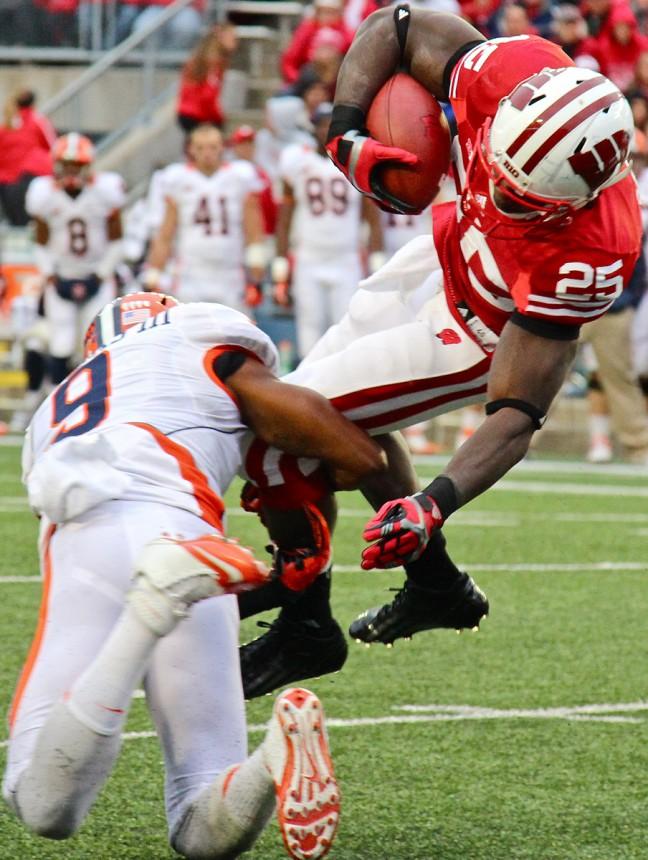With concussions among athletes remaining a hotly-debated issue, researchers found there is no difference between brands and models of helmets in their effectiveness in preventing head injuries.
Timothy McGuine, a researcher in the study conducted by the University of Wisconsin and Medical College of Wisconsin, said helmet research has always been an interest of researchers here at UW, and he first started working on helmet research more than 20 years ago. Researchers began the study because they wanted to tackle the issue of concussions in football.
McGuine said a big concern he heard from parents and coaches was whether or not schools should update their helmets and buy the more expensive ones that are thought to be safer than cheaper ones, or if no difference difference existed between them.
In order to conduct the study, researchers contacted schools and athletic trainers across the state, McGuine said. Each trainer collected data for his or her high school, he said.
Athletic trainers tallied various variables about each player on a team, their age and how many years they had played tackle football, and tracked their progress once the season began, McGuine said. Athletic trainers recorded whether a player practiced, played in the game and the playing surface, McGuine said. Players with concussions were monitored, he said.
The information was collected into data logs for the researchers to analyze. The three major brands they pooled research for are Riddell, Schutt and Xenith, he said.
“Once we look at the demographic information after the season is over, we can chart what happened with participants over the course of the season and start to conclude things from this study,” McGuine said.
Researchers found nearly the same percentage of athletes are getting concussions regardless of the different brands of helmets, so the make and model do not seem to be making a difference, McGuine said. The age of the helmet also had no impact on the probability of a player getting a concussion, he said.
The biggest difference between the helmet brands was that each helmet seemed to be shaped differently, so what a school could do to boost safety for players is buy a variety of helmets to accommodate various head shapes among players, McGuine said.
Dennis Helwig, UW assistant athletic director for sports medicine, said educating athletes is key when it comes to concussion prevention. He said he thinks there has been a successful effort to bring head injury education to the forefront for kids.
“Kids are more forthcoming with reporting their symptoms with all of the education and all of the emphasis that has been put on reporting their concussion symptoms, so I think that the progress that has been made has really come from athletes that have great awareness of their symptoms,” Helwig said.
UW players have a good awareness of what may come with a concussion and the consequences that can come from it if they come back too soon, Helwig said. Players also know they need to be self-aware of symptoms, he said.

















